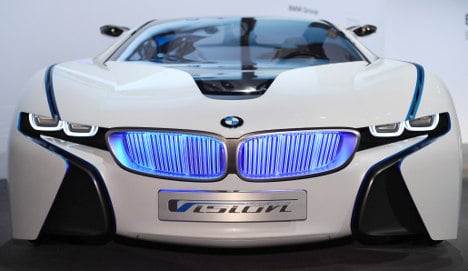“During the initial phase, $100 million (€74.7 million) will be invested” in a state-of-the-art carbon fibre plant in Moses Lake, the carmaker announced in a statement late on Tuesday.
The fibres manufactured are to be used exclusively for an electric BMW “Megacity Vehicle” to be built in Leipzig, eastern Germany, and launched before 2015, the statement added.
Moses Lake was chosen because of its proximity to ample sources of hydroelectric energy and competitive costs. A strong infrastructure, skilled labor force and cooperation by local authorities also underpinned the decision to build in the United States, the statement said. About 80 new jobs were expected to be created in an initial phase of the project, it added.
Carbon fibres are expensive to produce and have been used until now in Formula 1 race cars and high-end automobiles, but are tipped for widespread use in future electric vehicles owing to their light weight and strength.



 Please whitelist us to continue reading.
Please whitelist us to continue reading.
Member comments